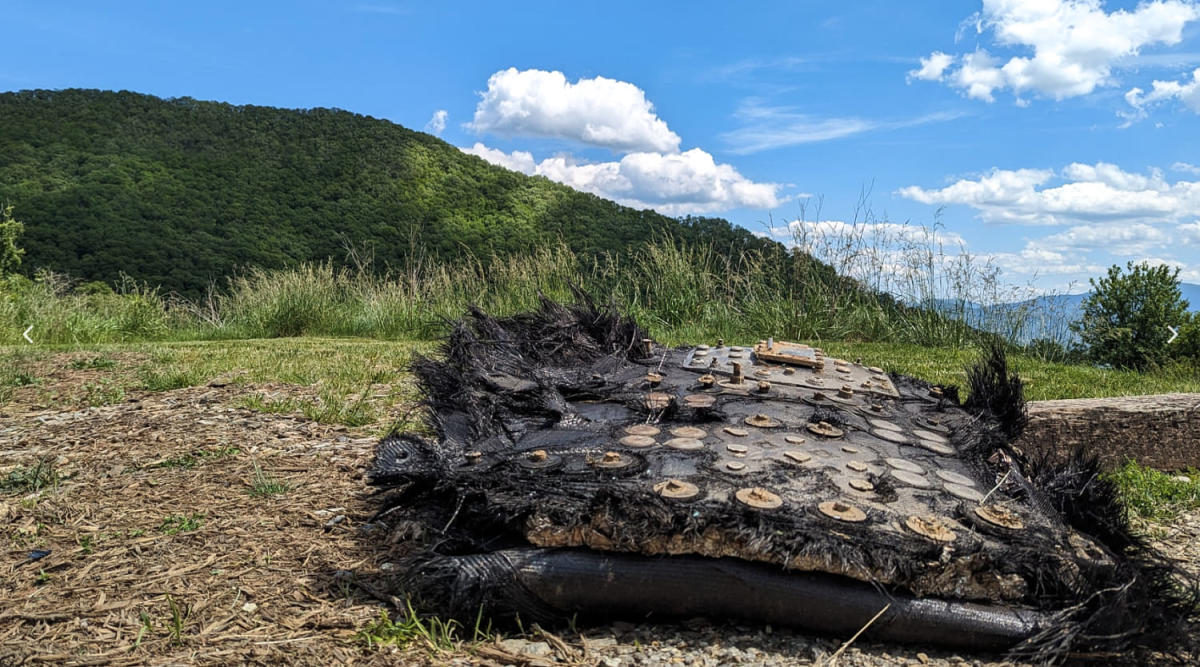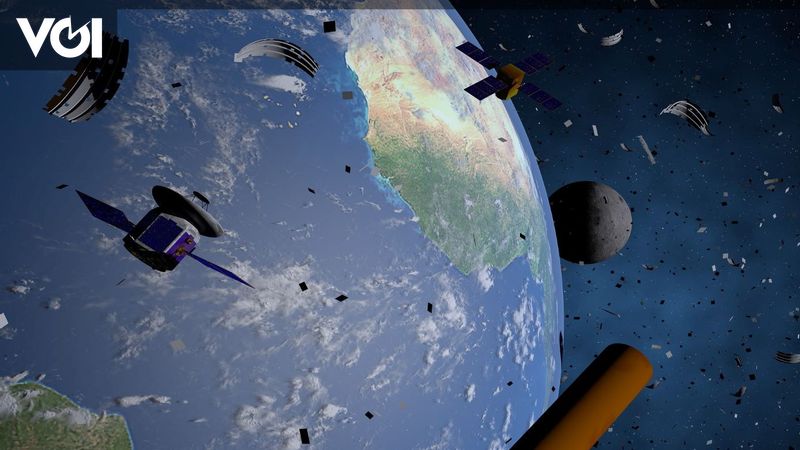




A large chunk of space debris weighing about 90 pounds has been discovered in North Carolina. NASA has confirmed that the debris came from a SpaceX capsule that had journeyed to the International Space Station. The debris, which was charred and covered in carbon fiber weaving, came from the trunk or service module of a SpaceX Crew Dragon capsule that carried four astronauts home to Earth from the International Space Station on March 12. Smaller pieces of debris were also found in two residents' yards in nearby towns. NASA stated that it was unaware of any structural damage or injuries resulting from these findings. SpaceX has not yet commented on the discovery. NASA plans to collaborate with SpaceX to explore additional solutions to prevent debris from falling over populated areas in the future [76a4a644].
This recent discovery of space debris in North Carolina adds to the growing concern over the issue of space debris and its potential impact on populated areas. The fact that debris from a SpaceX capsule was found in a residential area highlights the need for better tracking and mitigation measures. It also raises questions about the responsibility of space agencies and private companies in preventing such incidents and ensuring public safety. The collaboration between NASA and SpaceX to address this issue is a step in the right direction and may lead to improved policies and regulations regarding space debris [76a4a644] [a4646a14].
The incident in North Carolina is not an isolated case. In March, a chunk of space junk crashed through a family's home in Florida, causing significant damage. The family is now suing NASA for approximately $80,000 to cover their damages, including uninsured property damage, business interruption damages, emotional and mental anguish, and other damages. The object, estimated to weigh 2 pounds, crashed through the roof of the Florida home shortly after a pallet of aged nickel hydride batteries was jettisoned from NASA. The family's attorney filed a claim in May seeking compensation. NASA has six months to review and respond to the claim, which could set a precedent for future claims involving space debris [16450b1b] [76a4a644].
Earlier this year, massive pieces of a SpaceX Crew Dragon spacecraft fell on a farm in rural Saskatchewan, Canada. These incidents highlight the ongoing problem of space debris and the need for better tracking, mitigation, and regulation. The discovery of space debris in North Carolina further emphasizes the urgency of finding effective solutions to prevent debris from endangering lives and property [76a4a644] [a2234a05].
Despite the risks and challenges posed by space debris, there are also heartening stories that emerge. Farmer Barry Sawchuk, who found pieces of space junk on his farm in Canada, promised to sell them to raise money for a hockey rink in his community. SpaceX employees recently collected the pieces and paid Sawchuk an undisclosed amount of money. He plans to share the proceeds with his community, turning the discovery of space debris into a positive outcome. This story highlights the resilience and resourcefulness of individuals in dealing with the consequences of space debris [4d8d2beb] [76a4a644].
In a similar incident, a family in Florida is seeking damages from NASA after an object from space crashed into their home earlier this year. Alejandro Otero and his family submitted a claim to NASA to recover money after a piece of space debris tore through their home. The Oteros are seeking more than $80,000 in damages. The debris was part of a jettisoned pallet of used batteries from the International Space Station. The family has hired an attorney to navigate the insurance and legal process and make a formal claim against NASA. The claim includes noninsured property damage loss, business interruption damages, emotional and mental anguish damages, and costs for assistance from third parties. NASA has six months to respond to the claim. The family is seeking compensation for the stress and impact the incident had on their lives. The debris narrowly missed causing serious injury or fatality. The incident is considered a 'real life example' of the consequences of space debris surviving to the Earth's surface. The debris was released by ground controllers using the Space Station's robotic arm to release a cargo pallet containing aging nickel hydride batteries in 2021. The total hardware released was supposed to burn up during entry into the Earth's atmosphere, but part of it crashed into the Oteros' home [f3418120] [16450b1b].